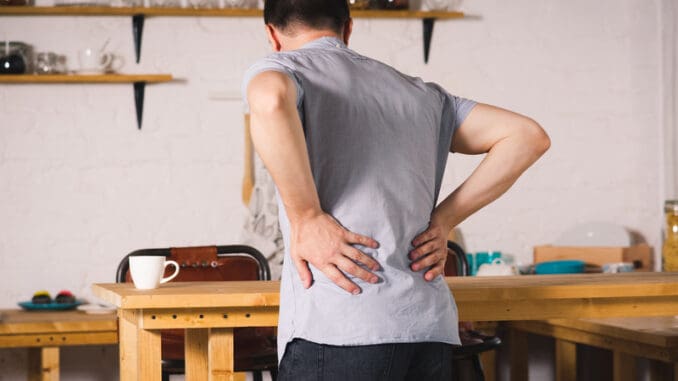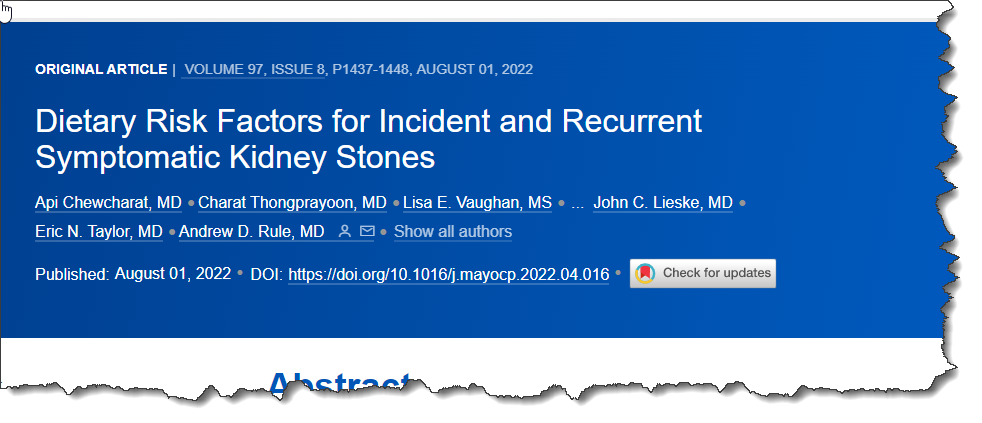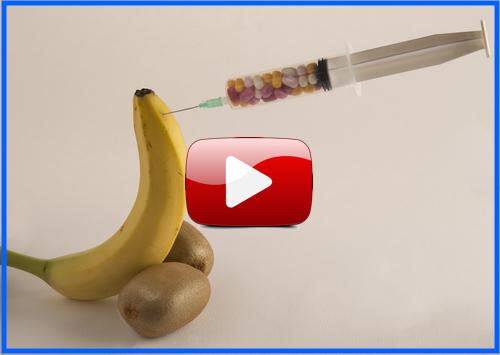
Even Harvard doctors need a boner boost…
Unsubscribe | Report as spam | Change email preferences
—-Important Message From Frank—-
Harvard stiffening breakthrough for men
What do Harvard doctors use when they want to get stiff on a moment’s notice?
Here’s a hint: it’s not blue or yellow tablets…
Check out this Harvard doctor’s sexual performance breakthrough for men…
⇒ Harvard Stiffening Secret For Jaw-Dropping Sexual Performances
———-
Drinking water doesn’t stop kidney stones from forming… THIS does
There is no doubt that kidney stones are painful.
Sometimes they pass on their own and other times they need surgery to be removed.
To make matters worse, if you’ve had a kidney stone in the past then you have a 30% chance of having another one within 5 years.
You’re also more likely to have osteoporosis and heart problems.
Kidney stones can cause not only excruciating pain but also are associated with chronic kidney disease, osteoporosis and cardiovascular disease. If you’ve experienced a kidney stone once, you have a 30% chance of having another kidney stone within five years.
That makes figuring out how to prevent a recurrence of this painful condition extremely important.

In a study from the Mayo clinic…
Researchers found that people who have low calcium and low potassium were more likely to get kidney stones in the first place.
The findings, which were published in Mayo Clinic Proceedings, show that lower dietary calcium and potassium, as well as lower intake of fluids, caffeine and phytate, are associated with higher odds of experiencing a first-time symptomatic kidney stone.
And people who continue to have low calcium and low potassium are more likely to get another kidney stone.
Of the patients who had first-time stone formation, 73 experienced recurrent stones within a median of 4.1 years of follow-up. Further analysis found that lower levels of dietary calcium and potassium predicted recurrence.
The current thinking on kidney stones is that they are related to low fluid intake.
But this study found NO correlation between more fluid intake and fewer recurring kidney stones.
What it did find was that calcium and potassium were more important than fluid intake.
Low dietary calcium and potassium was a more important predictor than fluid intake of recurrent kidney stone formation, says Api Chewcharat, M.D., the article’s first author and a postdoctoral research fellow at Mayo Clinic at the time of the study. “This is not to say high fluid intake is not important. We just did not find benefits of increasing fluid intake among those patients with a history of kidney stone formation.”
It just goes to show you that “accepted” wisdom isn’t always 100% correct in its assumptions.
I believe what’s happening here is that when you have low calcium in your diet…
…your body will rob your bones of calcium and put it places that it doesn’t belong – including creating kidney stones.
That’s why people with kidney stones also often have osteoporosis and heart problems!
The good news is that it’s easy to get extra potassium and calcium in the diet.
All you need to do is drink milk, eat dairy, and eat ripe fruit.
Dr. Chewcharat says the takeaway is that patients should add more fruits and vegetables that are high in calcium and potassium to their diets. Fruits that are high in potassium include bananas, oranges, grapefruits, cantaloupes, honeydew melons and apricots.
If you can’t tolerate milk, you can boil greens and drink the greens water to get the calcium that you need.
Paying attention to your diet can prevent so many chronic diseases.
I’ve even seen people reverse the symptoms of diseases like diabetes by fixing their diet.
If you want to be healthy, it’s so important that you take charge of your own health.
Doctors are great, but they don’t know everything.
You CAN live a long and healthy life, but whether you do or not is largely up to you.
—-Important Message About Living Past 100—-
What is the 1 thing that men over 100 all eat everyday?

I spent years visiting Japan, Peru, Italy, Norway, Myanmar, and Russia to meet some of the oldest, healthiest men in the world.
And I’m writing down what all these men eat, what their daily routines are, where they work, and even how often they have sex with their wives.
They all just shrug their shoulders, because it all seems natural to them…
They have no idea that people their age are barely walking in the States.
So after a few years, I collect a whole spreadsheet of information about these long-living men…
And it all seemed random — it seemed like there wasn’t any ONE thing that these long-living, sex-having men did differently from you and me…
I mean, these men are not vegetarians. They regularly eat meat, even pork.
They are not physical fitness nuts…
NONE of them work out, and NONE of them do purposeful physical exercise.
They are often smokers…
And they often have sex with much younger women on a daily basis!
Then it hits me… there’s 1 thing that ALL of these men are eating every day…
———-


